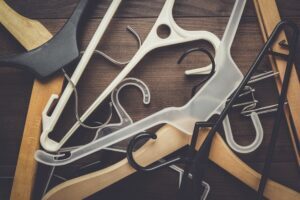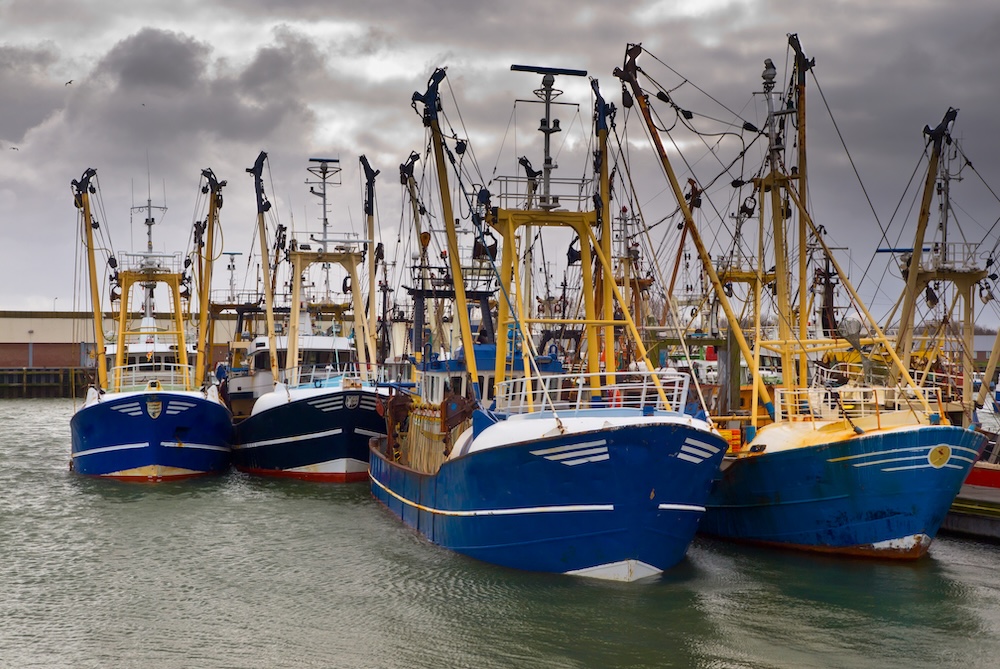The ocean is more than a source of food. For hundreds of millions of people, it is a livelihood, a cultural anchor, and a way of life. But as global fish stocks decline under the pressure of overfishing, pollution, and climate change, the collapse of marine ecosystems brings with it a hidden crisis on land: rising unemployment and deepening poverty.
The Link Between Fish and Livelihoods
- Over 60 million people worldwide are employed in the seafood industry, from fishers to processors to traders.
- More than 200 million jobs depend indirectly on fisheries through supply chains, tourism, and distribution.
- In many coastal nations — from West Africa to Southeast Asia — fishing is not just an occupation but the economic backbone.
When fish disappear, so do incomes, food security, and community stability.
Collapse in Action: Global Examples
West Africa
Industrial fleets, many foreign-owned, have overfished nearshore waters. Local fishers see their catches cut in half, forcing many into unemployment or migration. Families that once relied on daily fishing are now food insecure.
North Atlantic Cod (1990s)
The collapse of cod stocks off Newfoundland led to the largest mass unemployment in Canada’s fishing sector. Over 30,000 fishers and plant workers lost their jobs almost overnight. Decades later, the cod have not recovered, and many coastal towns never bounced back.
South and Southeast Asia
In countries like Bangladesh, Indonesia, and the Philippines, small-scale fishers face competition from industrial trawlers. As stocks decline, households that once earned a living wage fall into poverty traps, often taking on debt just to survive.
Why Stock Collapse Hits Hardest at the Margins
- Small-scale fishers make up 90% of the world’s fishers but receive only a fraction of subsidies and policy support.
- These communities often lack alternative employment opportunities.
- Women, who dominate fish processing and markets in many regions, lose both income and food security when fish disappear.
- Social safety nets are weak in many fishing nations, meaning job loss directly translates into poverty.
When the ocean economy collapses, it is the most vulnerable who pay the highest price.
The Economic Multiplier Effect
Fish stock collapse doesn’t only affect fishers.
- Processing plants shut down when supply dwindles.
- Export earnings fall, hurting national economies.
- Food prices rise, deepening poverty for consumers as well as producers.
- Migration increases, with displaced fishers moving to urban centers or even across borders in search of work.
The loss ripples through entire societies.
The Role of Climate Change
Warming oceans, acidification, and shifting currents are compounding overfishing. Fish migrate to cooler waters, leaving traditional fishing grounds empty. This especially harms poorer nations in the tropics, where people have fewer options to adapt.
A study in Science estimates that climate-driven declines in fisheries could reduce catches in tropical countries by up to 40% by 2050, putting millions of livelihoods at risk.
Can Communities Recover?
Recovery is possible but requires time, management, and support.
- After the cod collapse, Canada introduced retraining programs, but many workers never found equivalent employment.
- In places with diversified economies, communities can sometimes pivot to aquaculture or tourism.
- But in small island nations or coastal villages, alternatives are scarce, and poverty deepens for generations.
Recovery is not guaranteed — and often, it is the exception rather than the rule.
Solutions
Policy and Governance
- End harmful subsidies that fuel overfishing.
- Enforce catch limits and rebuild stocks before collapse.
- Protect small-scale fishers with fair access rights.
Community Resilience
- Invest in alternative livelihoods like aquaculture, seaweed farming, or ecotourism.
- Provide retraining, microfinance, and social protection for fishing families.
- Strengthen local co-management of fisheries so communities help shape sustainable rules.
Global Action
- Expand Marine Protected Areas (MPAs) with real enforcement.
- Integrate fisheries into climate adaptation plans.
- Promote global seafood traceability to fight illegal, unreported, and unregulated fishing.
FAQs
Do fish stocks recover after collapse?
Sometimes, but not always. Cod in the North Atlantic have struggled to rebound even decades later, showing how difficult recovery can be once ecosystems unravel.
Why can’t fishers just fish elsewhere?
Territorial limits, fuel costs, and international competition often make this impossible. Migrating species don’t guarantee accessible or sustainable catches.
Is aquaculture the solution?
Aquaculture can help, but it must be sustainable. Many fish farms rely on wild fish for feed, which can worsen pressure on stocks.
How does this affect people outside fishing nations?
Seafood supply chains are global. Collapses in one region raise prices everywhere, affecting consumers worldwide.
Final Thoughts
When fish stocks collapse, it’s not just an environmental story — it’s a human one. Jobs vanish, poverty rises, and entire communities lose both livelihood and identity.
The paradox is clear: short-term overfishing for profit leads to long-term unemployment and hunger. Protecting fish means protecting people. It means recognizing that sustainability is not an option for tomorrow — it is survival for today.








